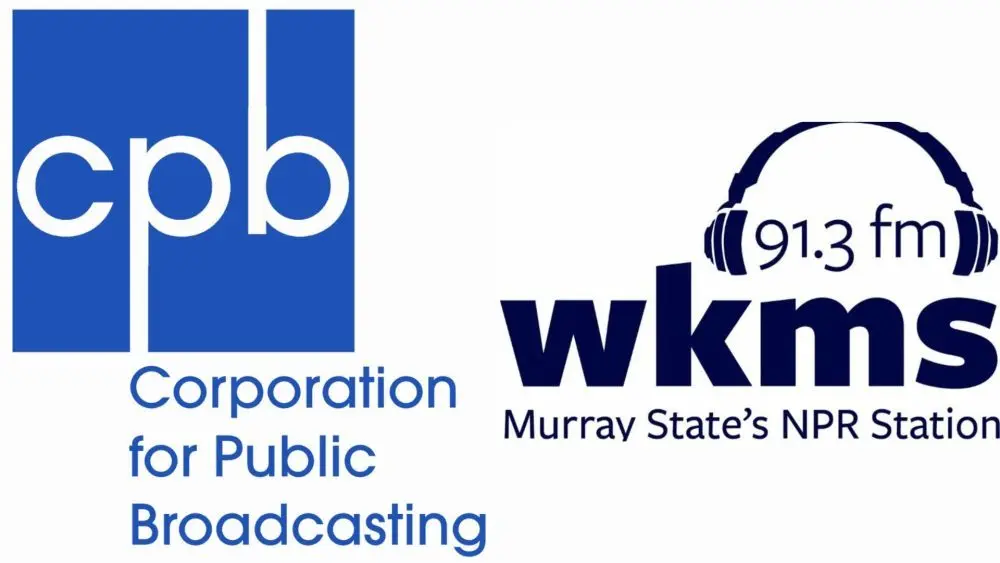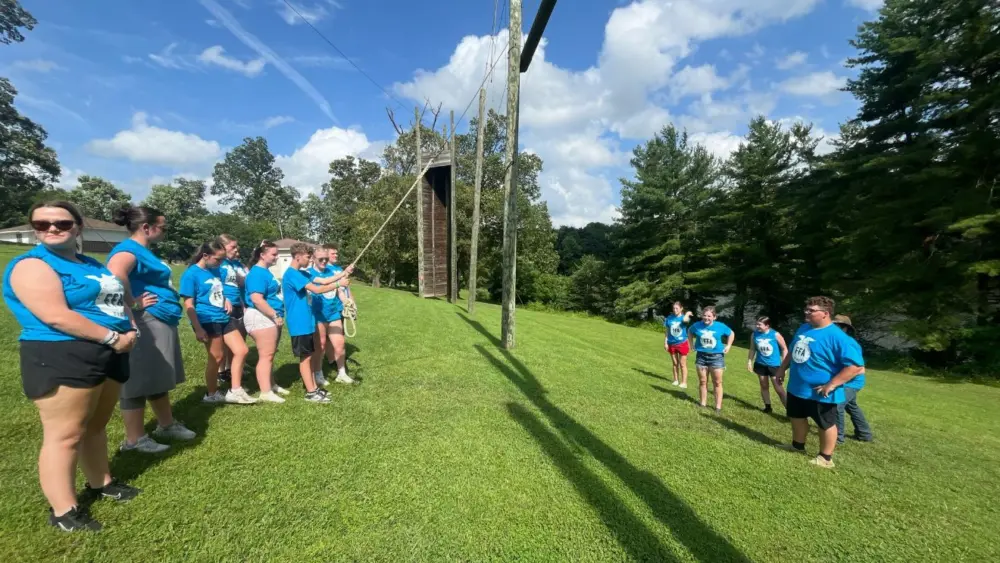
Last week’s passing of a sweeping $9 billion rescissions package included the full elimination of federal funding for the Corporation for Public Broadcasting — which supports PBS, NPR, and their affiliate stations.
Among the cuts is $1.1 billion designated through 2026, leaving stations across the country — especially in rural and underserved communities — scrambling to reassess their futures. Roughly $7 billion in foreign aid was also rescinded.
It is a decision that has direct and immediate effects in the Commonwealth.
KET, the state’s public television network, has announced it will not broadcast this year’s Fancy Farm political picnic — a tradition for decades. Plans to bring Kentucky Edition and Kentucky Tonight to Murray this fall have also been rescinded.
KET CEO Shae Hopkins called the loss “deeply disappointing,” emphasizing that federal support enabled civic programming, emergency alerts and educational services for more than 2 million Kentuckians each week.
At WKMS-FM, based at Murray State University, the impact is equally stark. In an open letter to public and private supporters of the frequency, Station Manager Asia Burnett confirmed the station is losing $215,000 — nearly 15% of its annual budget.
She wrote that “money can be taken, but this mission cannot,” and that they “remain steadfast in [their] commitment to serve, inform, and connect [the] region.”
WKMS broadcasts regionwide on 91.3 FM with additional signals in Madisonville, Fulton, and Paducah, with classical music on 92.5, 93.1, and 99.5 FM, and WKMS Music on 102.9 FM in Madisonville.
Nationally, PBS and NPR leaders decried the move. NPR CEO Katherine Maher called the cut “an unwarranted dismantling of beloved civic institutions.” PBS President Paula Kerger warned that small and rural stations would suffer most, threatening vital local journalism and children’s programming.
A recent Harris Poll found 66% of Americans support federal funding for public broadcasting, including 58% of Republicans.
Still, congressional conservatives criticized NPR and PBS for perceived political bias. Others, like Sen. Lisa Murkowski and Rep. Don Bacon, warned that punishing local stations would harm rural voters the most.





